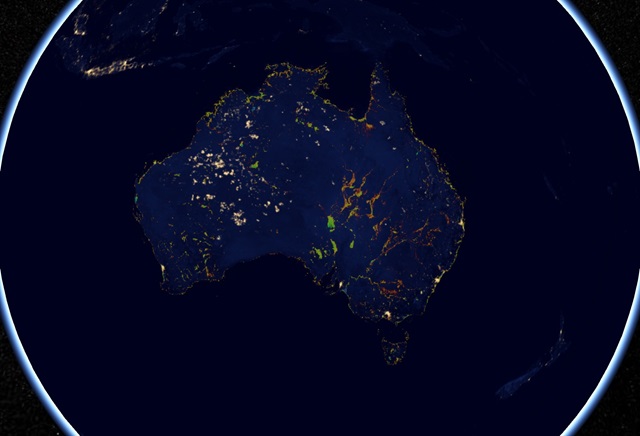CSIRO’s Data61 Australia’s data innovation network and Radiant.Earth have announced today that they will partner to develop joint research into satellite imagery and earth observation data for disaster resilience, in areas such as human disaster management, health, climate change and sustainable water management.
A recent report [pdf, 1mb] by the United Nations found 41 percent of all disasters caused by natural hazards reported over the past two decades have occurred in the Asia-Pacific region.
The partnership will see Data61 and Radiant.Earth leverage their existing resources, networks and facilities in real-time modelling, machine learning and visualisation technologies for mutual benefits.
One planned activity will include hosting of open data on Radiant.Earth’s platform, and demonstration of Data61’s mapping products and tools on that platform such as TerriaJS, for the purpose of supporting mission critical programs, primarily in the Asia-Pacific Region.
Read more: New guide paves way for better data privacy management
Radiant.Earth CEO Anne Hale Miglarese said that in support of the global development community, Radiant.Earth’s mission is to connect people worldwide to Earth imagery, geospatial data, tools, and knowledge to meet the world’s most critical challenges.
“The world is awash in Earth observation data, but most of the low and middle income countries are still poorly mapped and served by geospatial technologies,” Ms Miglarese said.
Partnering with Data61 to drive open remote sensing science will help us serve this community better, including non-profits working in global development, as well as national and regional government entities.”
CSIRO’s Data61 CEO Adrian Turner said the partnership with Radiant.Earth was an example of how science and technology and cross-border partnerships can deliver benefit to the global community.
“Data61 has world-leading expertise in applying data visualisation and geospatial tools like Terria to inform decision making around smart cities and infrastructure, including mapping renewable energy systems or demographics in different locations to inform policy decision making,” Mr Turner said.
In addition, with technologies like SPARK and AMICUS, we can predict the behaviour and spread of bushfires and have worked with local emergency services organisations and government in Australia to plan for emergencies.”
A combination of approaches, including Radiant.Earth’s extensive network, will be used to improve disaster resilience among disadvantaged communities in the Asia-Pacific region in the coming months.


